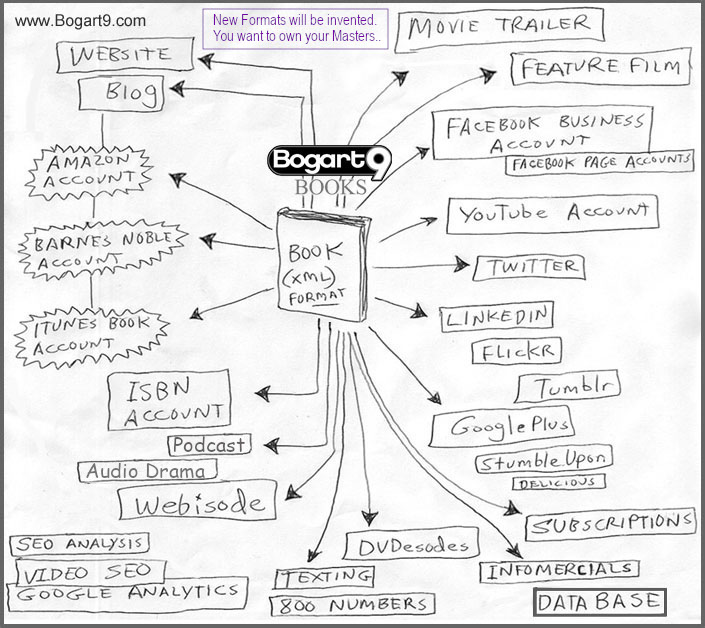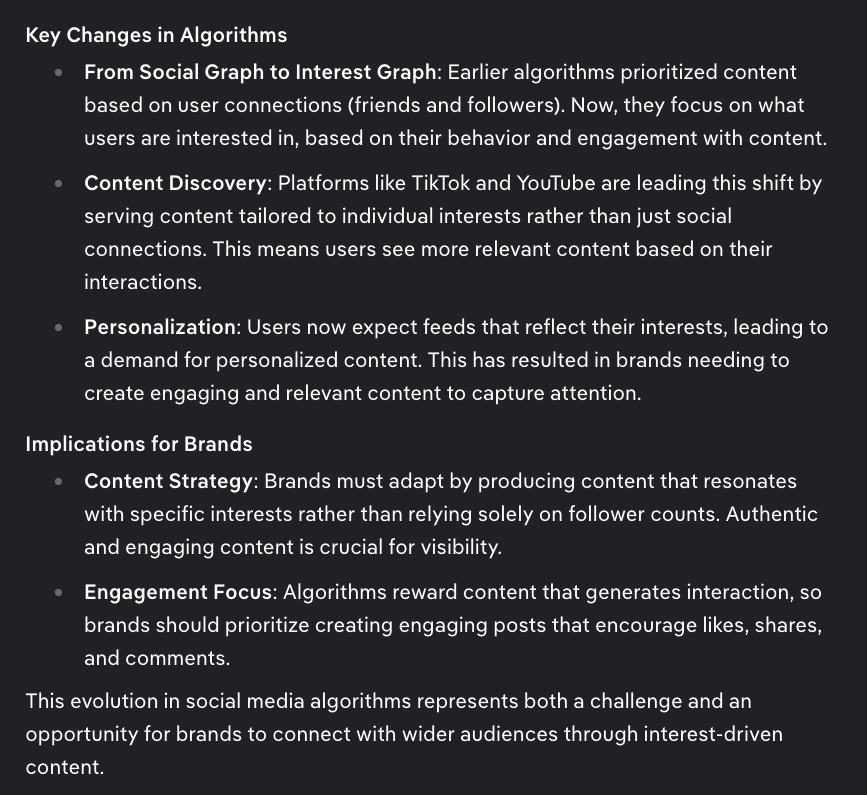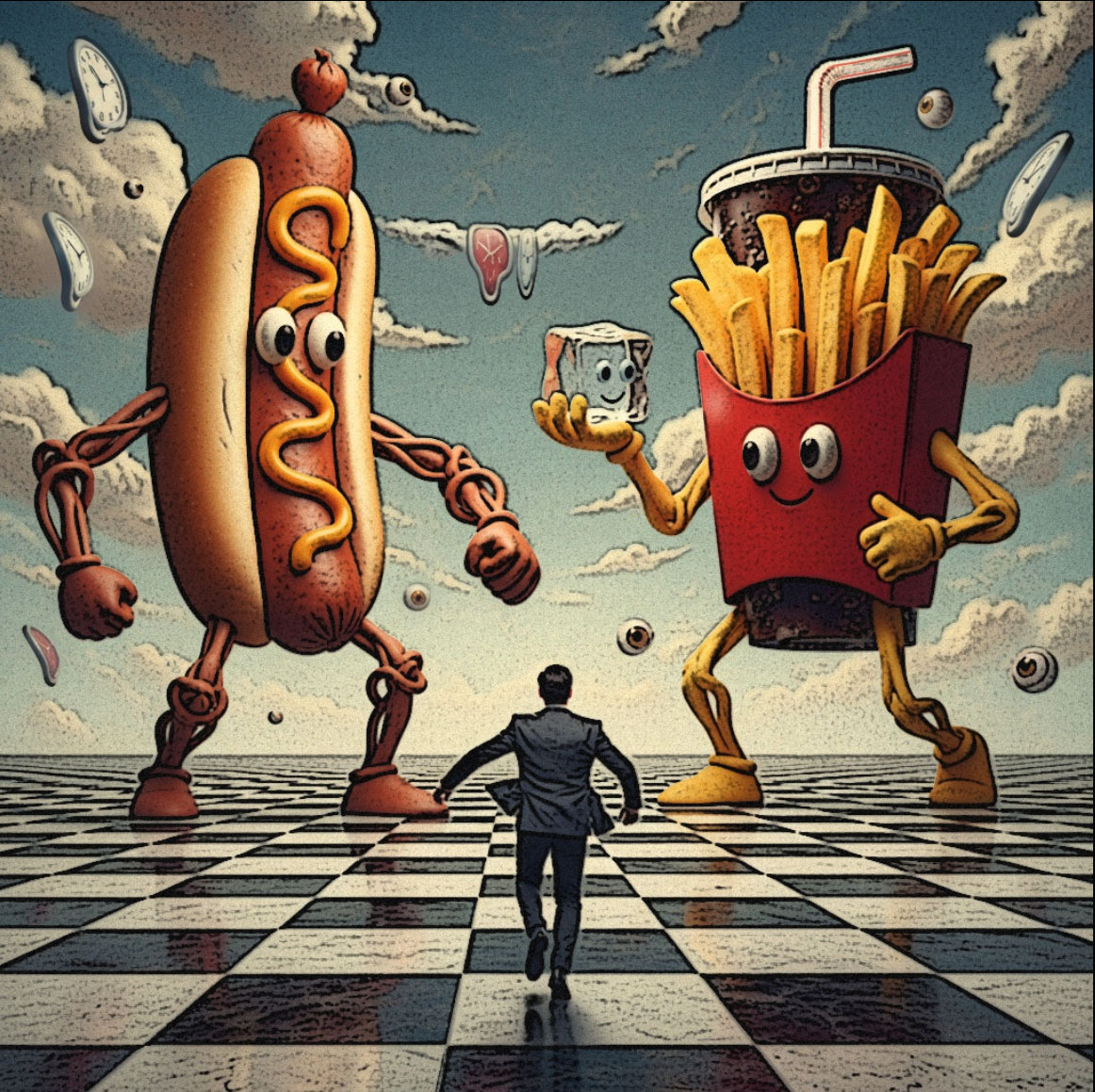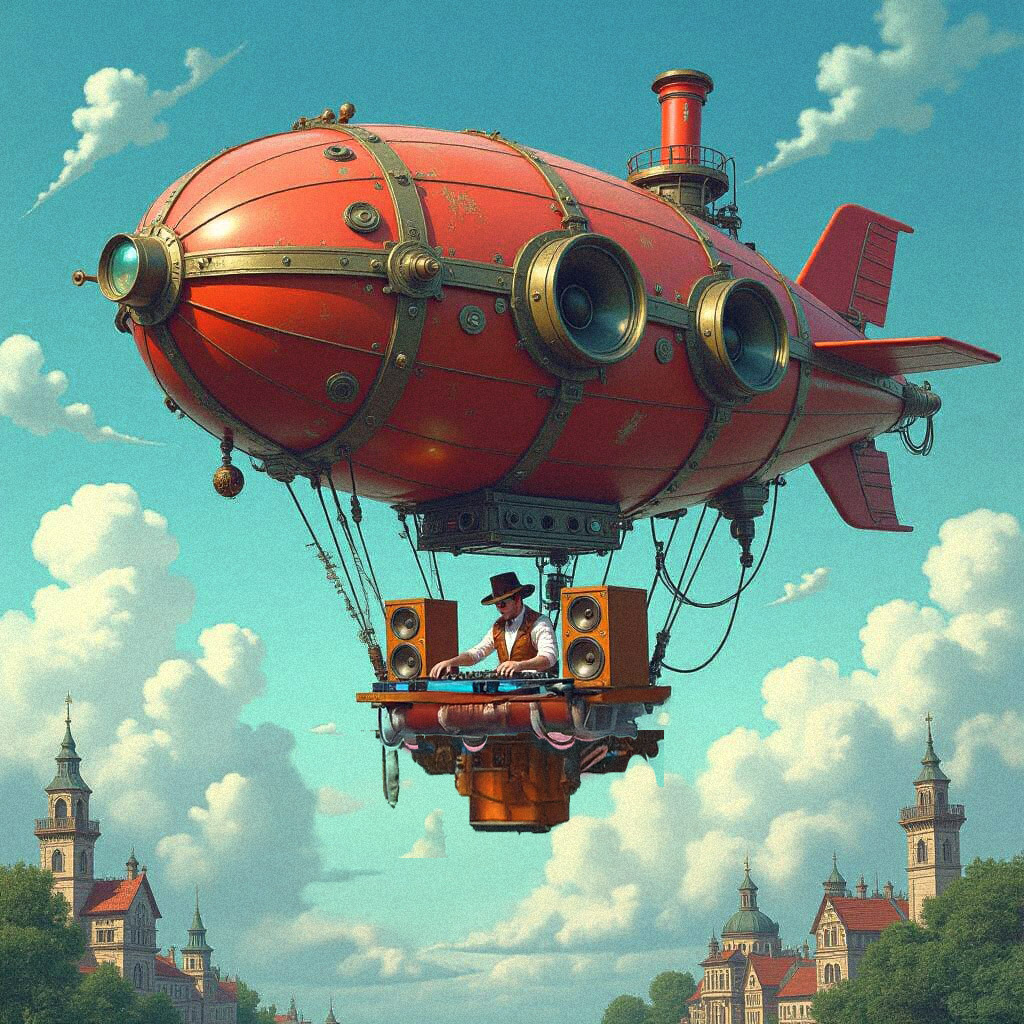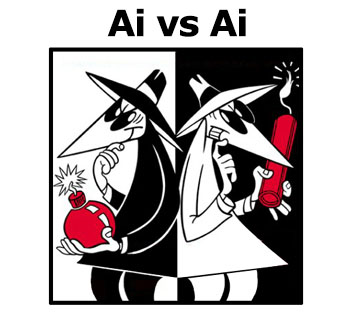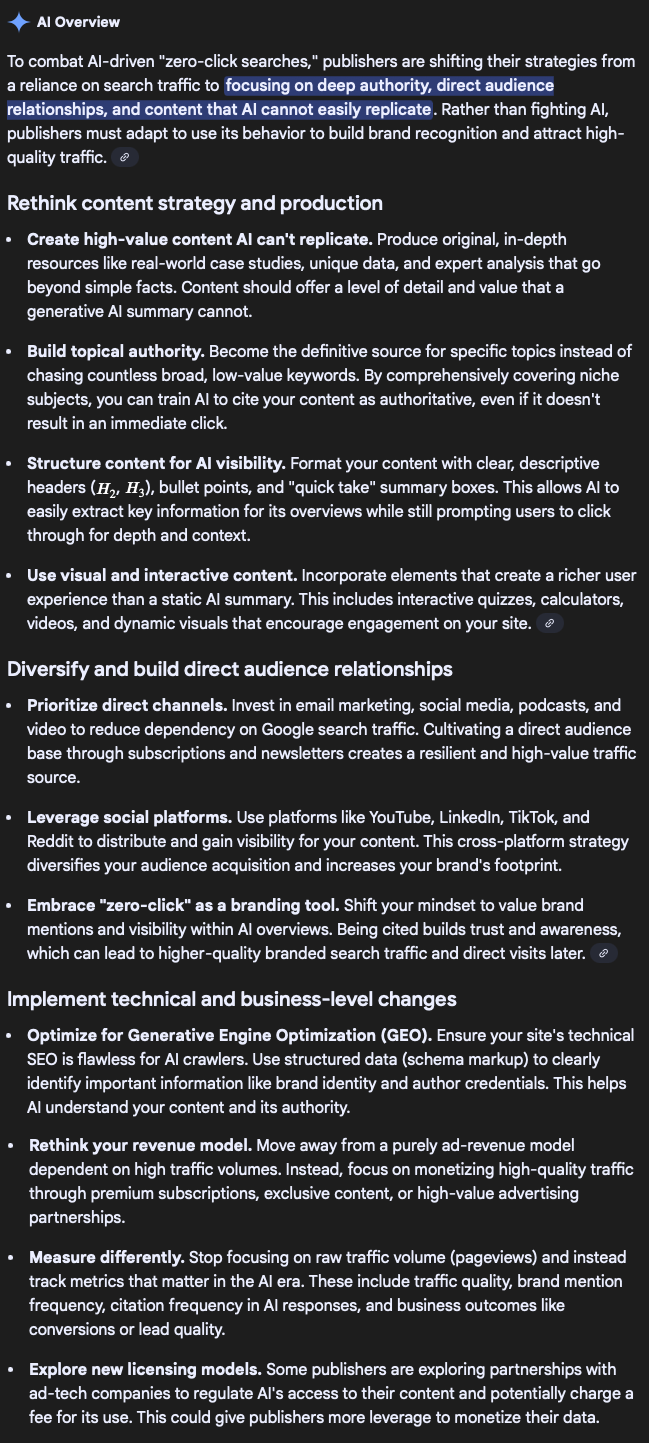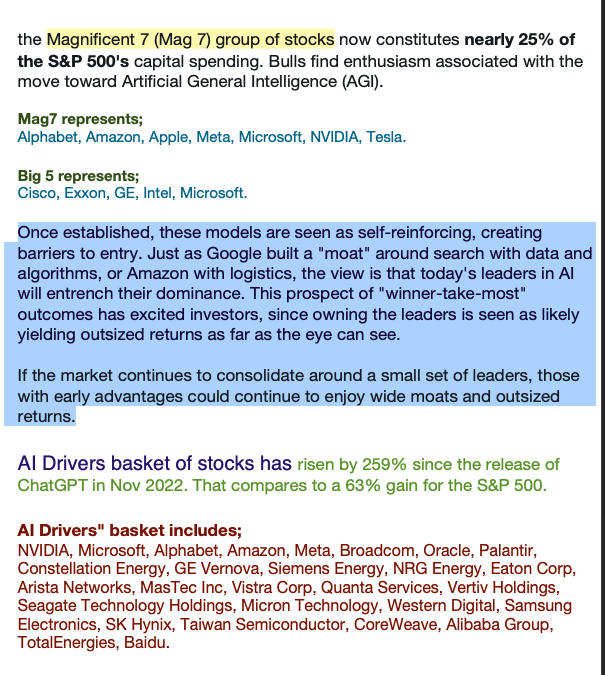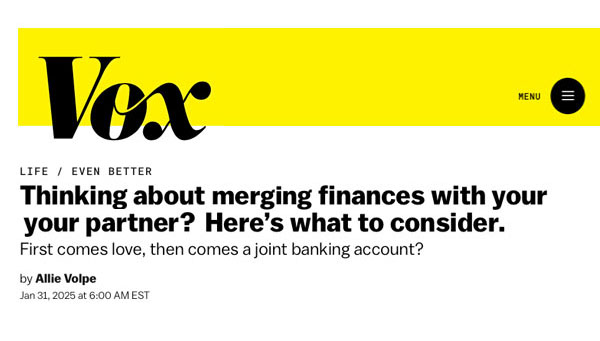Social Edition Media Format Chart from Bogart 9
Maybe Audiobooks is the way to go, surely AI won't COPY that, will she? My book is a brick, my brick was an egg, my egg was a bird, fly away you silly bird its the fox on the rocks.
and you make all your animal deals
and you wise men don't know how it feels
To be -thick as a brick.
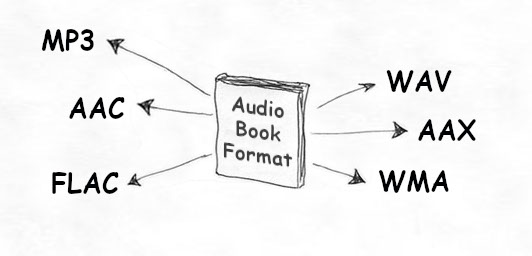
From this point is where this page used to start. It used to be about BOOKS and the glorious age of "Self Publishing." It's still worth reading, its good information and perspective.
Promotion Strategy Road Map
At Bogart 9 all projects start out as a book. Tom Cruise told us he doesn't make a movie unless its a book first. When you go to Hollywood they don't want to see a script screenplay or your brilliant movie idea. They won't even read it. Even if they did read it, and they bought it, they are going to change it. They may even write you completely out of the picture. Hey you sold it to them. They can do what they want. They fire two or three directors, change production companies a few times, switch actors back and forth, soon its a love story set in the White House surrounded with car chases and explosions. Then after all that they decide not to shoot it at all. And you don't own it anymore.
What to do?
Write the book. In fact it already IS the book. Anything can be a book. Who said it can't? Years ago everybody said it can't. Back in the day it used to be 90% book 10% Marketing. Then it was 50/50. It's prolly 70-30 now. Is the book going the way of the record album? Musicians today don't make money off albums, they play LIVE, or they don't make any money. The album is just a way to get folks to the live shows. Is that what's happening to Books now?
The good news, this is the dawning of Aquarius the age of the
author, Self Published. When you write the book its YOUR BOOK. The
screenplay the website the Movie Poster the video game whatever it all
can change, but the Book, its YOU baybee. You rent or sell the Film
Rights, you can do all kinds of Licensing, you never even know what
format might come out in the Future. The Book is your "Master." The
traditional Publishers are dealing with this issue right now. New
ePublishing companies noticed that old school "Book Contracts" didn't
say anything about eBooks. It was e-Opportunity.
There was some trouble in paradise. As a new ePublisher offers a new eDeal to the non-E author who is signed in (locked in) to a traditional Publishing agreement. In other words they're e-screwed. Big Pub considers the eBook version as a NEW contract outside the original agreement. Contracts now days should cover this issue. But all these authors in the old system can get out of their contracts with this trick. And it works because Random House and these big publishers are reluctant to sue their own Authors for using this route to a alternative revenue stream. Anyhow, the lesson for us here is to own your Master. Think -the record company business. Remember how many people got screwed there.
This same exact scenario is playing out right now with movies and TV shows. Instead of e-Book Format it's the Streaming Format. Everyone working in the industry never anticipated Streaming. Unions, Contracts, agreements, none of it was made with Streaming (profits) in mind. Chuck Norris just won a Lawsuit about truckloads of profits that were not reported to him. I'm sure this will continue to happen as some sort of "Hologram" is invented to milk profits from old material and the artist is not informed. Sooner or later that metaverse thing will get figured out and all kinds of old material will get newly monetized in a way that was never in the original contract. If you sign a contract it better mention this stuff.
There is more bad writing that has sold with good publicity, than good
writing sold with no publicity.
1. Write with one goal in mind: to help someone live a better life
with your advice.
2. Choose a specific audience who can relate to the topic of your
work.
3. Build a relationship with this core audience make them care.
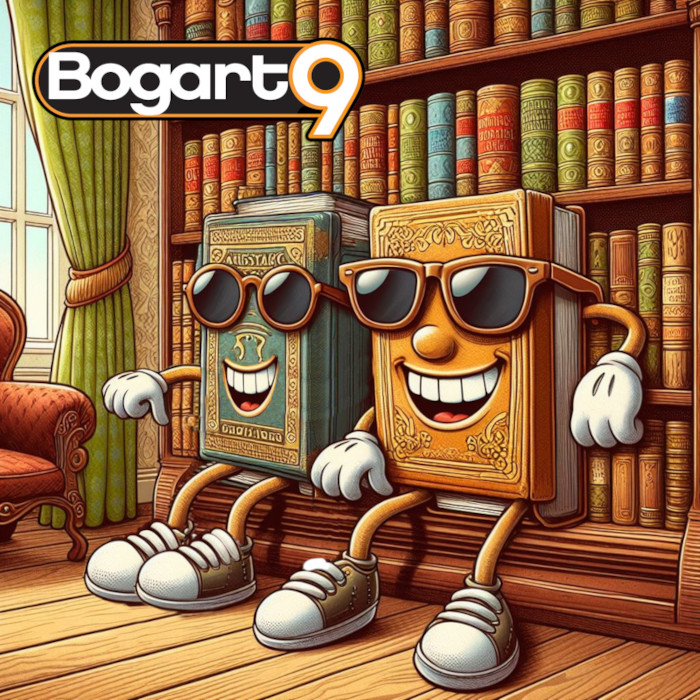
No matter whatever your project is, make it a book. Then it's a movie. Hollywood loves adapting intellectual property. The more an author understands the different adaptation paths, the better their odds of success.
One major hurdle is the overabundance of scammers looking to exploit a writer's dream of getting their work published or produced—making them a perfect target. But the best way to protect yourself is to understand how the book-to-film process works and how to identify a scam when you see one.
BOOK PIPELINE PAGE
For unpublished works, contests, editing services and more..
https://bookpipeline.com
FRINGE PRESS
Publishes audacious novels and short stories. Seeking material showcasing universal yet unapologetically divergent narratives that transcend norms, promote timeless relevancy, and exist at the edge of storytelling drifting somewhere beyond the boundaries of "mainstream."
Fringe Press Pages
RECKLESS CREATIVES
Hosts Sadie Dean and Jeanne Veillette Bowerman share the truth, and nothing but the truth, about the challenges and benefits of living life as artists, striving for freedom to create in any medium, even ones you never thought of before.
https://www.recklesscreativespodcast.com/1753117
Should you go to Hollywood?
I went to Hollywood, you ever try that? I was gonna be a STAR. I was star-ving. I was a FAIL. Well the world failed me. I’m perfect. Like Joe Walsh said, "everyone's so different I’m still the same." My brain is shattered, I can't give it away on 7th Avenue. I was in the Army for 40 years. If that doesn’t bend up your attention nothing will. I think you should never stop working. In the beginning life should be 80% corporate 20% what I want to do. Later in life it should be 80% what i wanna do and 20% don’t sink the ship. And don't move to Hollywood, that's olde school. Now days you can be anywhere. Everything will be different and you'll still be the same.
Are we at the point where maybe you should just do everything your self?
Don't you wonder why Amazon will print your book and put it up for
sale -for free? Why the hec would they do that? It's because they
don't make money off you selling your book to some relatives and 6
friends. They make money off all the extra services you're going to
buy. You don't have a Copy Editor, you have no Marketing Department,
no Distribution Plan, you don't even have a Book Cover Artist. You
have no computer graphics skill let alone web SEO or video production
skills for your Book trailer commercial. What about the html skills
for your "Branding" strategy. Ok now your book is on Amazon, but
nobody knows it's there.
You can see how many "extras" Amazon can use to make money off your
project. Soon your Free book costs $900 or $1,900+. But hey who knows
you may have a hit Best Seller. Could happen. Facebook killed "organic
reach" when they started throttling everybody for Money. Pay to Play.
But I heard now the trend is they want organic reach but they don't
want you to know that. Hmm.
THINK CAREFULLY BEFORE YOU PUBLISH ON AMAZON
I was wondering why I can't remove a Book Listing that
is obsolete. Amazon does not remove Book Listings. Any Listings.
Ever. Apparently they have a legitimate and legal reasons for this. Make
sure you post something that will give you mojo. Forever. Books listed (for
sale) that no longer exist. Yeh like one of mine! I wanted it removed, they won't remove it. I kinda tricked them, they love "Reviews" so i wrote some Reviews that said DO NOT BUY THIS BOOK IT NO LONGER EXISTS, IF YOU SEE IT FOR SALE ITS A SCAM.
Other
problems is there's a lot of fake books on there. The point here is,
you should use Amazon don't let Amazon use you. Here is a good
explanation of Amazon Policies-
Amazon Listing Removal Policy: Amazon Book Removal Policies
....................................................................................................................................
FORMATS IN THE FUTURE
In 1939 Paperback books were invented. hardcover books
still dominated, it took awhile for paperback books to catch on but
they did. Hardcover book publishers had a vested interest in
maintaining the status quo. They were still receiving 50 percent of
the royalties by selling reprint rights.
In 1960, for the first time revenues from paperback books of all
shapes and sizes surpassed those from hardcover sales. The same year,
Pocket Books became the first publisher to be publicly traded on a
stock exchange, essentially marking paperbacks' ascent to the
mainstream. Hardcovers never died out in the United States, though
paperbacks continued to outsell them as recently as 2010, thanks in no
small part to the continuing price difference—for example, George R.R.
Martin’s bestselling novel A Game of Thrones retails for $32 in
hardcover and just $8.99 in mass-market paperback.
Today, it’s de rigueur for major publishers to print both hardcover
and paperback books. And of course, there’s a new version “pocket
book” transforming reading habits via computer it's the “e-book.” Now
that Amazon—and the other Online booksellers who followed suit—have
untethered e-books from computers by offering inexpensive e-readers.
The e-book revolution evolves, now anyone with a smartphone has an
entire bookstore in his or her pocket.
Here is something different, Frank Zappa disagrees with Einstein. It's true he did. Maybe you do too? I dunno myself. This is pretty heavy stuff here, I made a transcript of the interview, check it out-
http://www.bogart9.com/zappa.html
| well
there's just an empty space . . . . |

Take a look at me now, I'm jus tryn to open a business space, All I got are these fees, Fees, everywhere are fees where's my royalties please, do this do that pay the fees. We got our business store record company TV Show boutique blog cast podcast radio show with credit card vendor and other highly ambient domains.
For Starting Any New Project
:
For any project you do at least half the work is organizing, before, you start. We all have too many Photos. Most people have a ton of photos but they are not named correctly or put in folders they are just one giant BLOB. In that state they never get used for anything becuz you can never find a photo yer looking for.
Shoot photos and let it go in the Cloud in a big mess. The Cloud people are happy you do not care to be organized, instead their solution is just buy more Cloud space, for more junk space gee that'll fix it... git the frip outta here with that. In their defense they have been getting better at trying to "automate" the proper sorting process that we are too lazy to do.
One thing to be careful about, with today's cameras they are such good quality, you have to realize photos and videos sometimes don't look that great on a tiny phone screen, but once they are in the Laptop full screen they look pretty good. Another thing to watch out for is resolution. Cameras now are 1920x1080 by default. That makes huge file sizes. You need some horsepower to push that around in a editor. Better to learn on 1280x720.
For more tips, algorithms biscuits of wisdom visit Dogstradamus, it's knowledge for Pets. Although people can learn along with their Pets, for some free Knowledge Biscuits at www.Dogstradamus.com
From the Chalkhills blog XTC lead singer Andy Partridge talking business:
Andy Partridge: It's a dream I've had for quite a while. I'm no businessman, but I do think I have a pretty good ear for good-sounding things, and I think I have a good eye for packaging them and making them a lovely entity, so I started up APE House, a record company, at possibly the worst point in history for starting a record company. Because we'd been burned so terribly, culminating with very bad burns with Cooking Vinyl and TVT, I pledged to myself that if I had a label that took on other artists, I would try to be as scrupulously fair as possible.
Everybody gets the choice of two deals. The first is a 50-50 profit share -- although I can't pay to record the album, I can pay to master it, I can pay for the artwork costs, I can pay to have it manufactured, I can pay promotion people and so on. So, I'm putting all that money up front, and then as soon as the thing goes into profit, the profit is split 50-50 between the artist and the company. Unfortunately, a lot of APE artists haven't gone into profit, which is a shame.
Andy Partridge: The other deal is 20 percent of the dealer price. So, say we sell it for £4 or £5 to a dealer, the artist will get 20 percent of that. As APE, I'm also supposed to get 20 percent of it, and the other 60 percent pays for the manufacturing, promotion and so on. Either 50-50 profit share or 20 percent of dealer works out around about the same.
Andy Partridge: I won't give people advances, because if I had to do that, I'd have to keep their music for a long time, to make the money back. That's like our deals with Virgin -- perpetuity deals. When we signed to Virgin, anything that we recorded, although we borrowed the money from them to record it, we had to pay that money back and they kept the music forever.
Andy Partridge: What I do is, I'll keep the rights for five years, and then the artists can have them back. So, if things aren't going well, or if they want to move on to another label, or if they want to carry on -- whatever the situation -- they can have their music back after five years. And that's pretty damned fair. I don't want to do any of that perpetuity thing.
Tom Bernhardt: You were talking about the dealer price -- how does it work when somebody buys directly from the APE website? If somebody really wants to support you and the artist, is that the better way to go?
Andy Partridge: Absolutely! Though it's not pure profit, by any means. Up until very recently, I was paying any APE artists a portion of anything direct from the website, but it was costing so much money to keep updating stuff -- I've got to pay [manager] Steve [Young] to work things for me, I've got to pay fulfillment fees to get all this stuff packaged and sent out, and so on -- that I've actually had to start to call myself a shop now. I have to take the stuff on a dealer price. I use the difference in the money to pay for site updates, and to pay Steve and all the other costs on top of that. I was losing too much, if you see what I mean.
But I'm trying to keep it as above-board as possible. None of this "selling boxed sets to myself for 50p." None of that evilness. You can't do that to people. I've been on the artist end of it -- I know what those scams feel like! They hurt like hell. I can't do that to people. Like I said, if anybody's upset, five years and here's the music back. I think that's a healthy situation.
Andy Partridge: Because I signed myself to a 50-50 deal as an artist, I'm one of the few artists that's made a fair amount of money, because it sold well. I think Volume 1 sold more than 10,000, while Volume 2 was 9,000 or something -- weirdly, they went down in amounts of sales. Not that the volumes are worse than each other -- maybe people bought one and thought, "Well, this is not for me," or something.
But because I get a great deal from APE, you're right, it was a financial success. So, the other artists just have to sell as many as that, and they can do well, too!
Tom Bernhardt: Is there a break-even point, in terms of number of units sold, or does it depend on each album?
Andy Partridge: It depends on how much has been spent on packaging and other things. For example, the discs -- I like to make beautiful packaging, and it was very expensive to have two jewel cases with that clear plastic wrapper, and the artwork took a lot of tweaking, to get it to work as an object, if you see what I mean. That was so much money to get that up and running that by the time Monstrance went into profit, to print another run-up -- because we'd sold out -- [laughs] immediately put us back into terrible debt again!
TB: [laughing] That's a little paradoxical.
Andy Partridge: Yeah, it's like those little record labels that used to say, "We became bankrupt because we had a big hit." You know -- if you've got to keep pressing up lots of records, because it's becoming popular, it can bankrupt you. I used to think, "Well, that's nonsense!", but no, I can see that it's not.
First of all, it's got to be the music, because that's what you're buying, and I won't take on any music that I'm not in love with -- but the packaging, to me, is of equal importance, because of my graphics background.
Tom Bernhardt: And in this world where digital downloads are ubiquitous and can be easily shared, good packaging -- which includes content like liner notes and other things like that -- is one way of differentiating the physical product. You can say, "Here's why you should buy this -- you're going to get value here you wouldn't get otherwise."
Ramit Sethi author of "Money for Couples" said couples talk far less often about their finances. “I’ll tell you that most couples do not have substantive conversations about money ever,” Sethi says. And when they do, it’s usually after something has gone wrong.
Hmm, that doesn't sound right.
You should talk to your business partner before stuff goes wrong.

I'mma singer I'mma a winger I'mma real humdinger
Royalties Royalties where's my Royalties
Publishers
represent Songwriters. Not Artists.
Record labels represent Artists. Not Songwriters.
Registering with BMI or ASCP is not enough to get paid
Read this Royalties Guide, then come back see why you're not getting paid - Guide to Songwriter Royalties
HOW
COME I'M NOT GETTING PAID? OH IT'S THE MLC I NEED OKAY
BMI and ASCP do not collect your "mechanical" Royalties that Spotify
and other streamers are busy collecting from your work. If you have
no Publishing Deal then you should go collect your "mechanical"
royalties [FOR FREE] head over to the MLC (mechanical licensing
collective) and signup. You can also search their database to see if
you have any money sitting there for you. And grab it before
somebody else does.
So, songwriters! The good news is you’re going to finally get paid!
The bad news? You’re going to have to do it yourself. If you don’t someone else can, they say they are YOU and be collecting your Royalties.
Nothing gets paid out by the MLC unless a proper registration has been made with it. And YOU, the composer, have got to make sure this is done, not the other way around. If you are already represented by a music publisher, don’t worry. They will take care of this for you. After all, they won’t get paid either if the songs are not registered.
However, if you are self-administered, and unaffiliated, it’s completely on you to take the steps to register all of your songs with the MLC. If you don’t, you don’t get paid. This article talks about the MLC portal and has the link (mechanical licensing collective).
Remember, this is mandatory. There is no “opt-out.”
The
first step is to sign up as a member. There is no charge for this.
The MLC will check you out to make the preliminary assessment that
you really exist. After it accepts you, log in to the portal and
start creating your catalog. At the outset, the MLC uses two factor
identification. So, not only will you need a username and password,
but an active email or cell phone number to which a one-time use ID
code will be sent, each time you log on.
This whole process is new because of streaming and thus inspired the
creation of the Modern Music Authorization Act. The tech companies,
particularly Spotify, were simply offering songs for delivery without
a license, and of course, without paying anybody. The result was two
well publicized class action lawsuits, which no doubt moved forward
the Music Modernization Act to pass through Congress. Where's Steve
Jobs when you need him?
Take a look at me now!
|
I don’t think you should do any of this. I think it should all be separate not secret. What should be SHARED is the debt that could sink the Ship. Instead of bickering about bullshit Walmart charges everyone should share and be aware of the debts that sink the Ship.
A Real Estate Foreclosure Agent told me, see all these Foreclosures most of these are because one person says to the other, "I’ll show YOU pal I’m not gonna pay these bills" and the other person says, "Oh yeah well I’ll show YOU huny I’m not gonna pay bills either … take that … you …" And the Bank says, "You’re both idiots I’m taking the House" and it goes into Foreclosure. Where’s Dr. Phil when you need him? Suzy Orman lets people Call IN and "ask" for permission to buy stuff and she says YAY or NAY like a Judge Judy of financial literacy.
Here's the Vox article if you want to read it and self merge—
www.Vox.com/merging-finances-partner-considerations-money

Don't forget the audiobook format. Each platform has submission guidelines for your formats. This is a imperative step towards successful distribution and accessibility.
Choosing an Audiobook Publisher or Production Company.
1. Audible
Audible is the #1 retailer for audiobooks, so most Authors know them as a book distribution platform, not a production company or publisher.
They also function as a traditional publisher—buying the rights to audiobooks, which they then produce and publish—and they have their own production marketplace, known as ACX, or Audio book Creation Exchange.
Audible doesn't directly produce Authors' audio books. The ACX connects Authors with narrators, audio book producers, and audio engineers. Authors post their books so producers and narrators can audition. They can also reach out to producers with whom they'd like to work.
Once an Author has reviewed auditions and settled on a producer, they negotiate the terms of the deal. Most producers get paid a per-finished-hour rate, but some may agree to an ACX royalty-share program, where they will receive half of the book's earnings.
The producer then records the book, and the Author has an opportunity to ask for corrections.
When the book is complete, Authors choose between distributing the book exclusively through ACX or non-exclusive distribution.
Exclusivity means the book can only be sold on Amazon, Audible, and iTunes. Non-exclusivity means the book can be sold through other channels as well, but Authors make a lower royalty rate.
Authors should note that if they create their book using ACX's royalty-share option, they must distribute the book exclusively through ACX.
2. Scribe Audio books
Scribe Audio books is not a traditional publisher, so Scribe Authors retain full rights over their books.
We offer a "done-for-you" audio book service. Our in-house team works with Authors through the entire audio book creation process: recording, post-production, and distribution.
In the preparation phase, we either help Authors select a professional narrator for their book or coach them on how to narrate their own book. We also use a program called Pozotron to flag words in the manuscript that might cause pronunciation difficulties during narration.
In the recording phase, a skilled professional ensures that the narration hits its marks, the pronunciation is accurate, and the pacing is good. Any Scribe Author who narrates their own book will also have the assistance of a director.
3. HarperCollins
In print book publishing, there are 5 major publishers known as "The Big 5": HarperCollins, Macmillan, Hachette, Penguin Random House, and Simon & Schuster.
The Big 5 are also big when it comes to audiobooks. HarperCollins' audiobook imprint Harper Audio, is one of the largest audiobook publishers. They release both fiction and nonfiction books.
HarperAudio is a traditional publisher, which means that Authors do not retain full rights to their books.
HarperAudio (and the other Big 5-affiliated publishers below) typically don't accept open submissions. To publish with the Big 5, you need to work through a literary agent.
4. Macmillan Audio
Macmillan Audio is another member of the Big 5 traditional publishers. Founded as Audio Renaissance in 1987, the imprint's name changed to Macmillan Audio in 2007.
They publish fiction and nonfiction books from various genres, and their narrators include high-profile actors like Meryl Streep, Stanley Tucci, Gwyneth Paltrow, and Billy Crystal.
5. Penguin Random House Audio
Penguin Random House Audio is a Big 5 powerhouse of who's who in audiobooks.
Their catalog includes books by Margaret Atwood, Brené Brown, Ta-Nehisi Coates, Elizabeth Gilbert, John Grisham, George R. R. Martin, Toni Morrison, and Presidents Barack Obama, George W. Bush, and Bill Clinton, and First Lady Michelle Obama.
6. Simon & Schuster Audio
Simon & Schuster Audio is another one of the Big 5. Their catalog includes bestselling fiction, nonfiction, business/finance, self-improvement, inspiration, language learning programs, and original audiobook productions.
Audiobooks published with Simon & Schuster Audio have won five Grammy awards and received twenty-six Grammy nominations since 1989.
7. Hachette Audio
Hachette is the last member of the Big 5. They publish books in a wide range of fiction and nonfiction genres.
Since 2000, Hachette Audio productions have been recognized with over 200 Audie Award Nominations and 47 wins; 24 Grammy® nominations and 9 wins; over 60 Listen Up! Awards from Publishers Weekly; and over 150 Earphones Awards from AudioFile Magazine.
Hachette doesn't consider unsolicited submissions or queries.
8. Blackstone Publishing
Blackstone Audio is one of the largest independent audiobook publishers in the United States. They currently have more than 30,000 titles.
When I say "independent," I'm referring to the fact that Blackstone isn't owned by one of the large publishing conglomerates. I don't mean that they work with independent Authors.
Blackstone does not accept unsolicited submissions through their website. Any Authors wanting to publish with Blackstone need to submit through a literary agent.
9. Brilliance Publishing
Brilliance Publishing is also a subsidiary of Amazon. Unlike ACX, which functions like a production company, Brilliance follows a traditional publishing model. They acquire the rights to content and then create in-house recordings.
They publish "a range of audiobooks across the most popular genres." Their catalog runs the gamut from fiction to nonfiction and adult to children's literature.
10. Dreamscape Media
Dreamscape Media is a publisher of fiction and nonfiction audiobooks and book-based children's read-along video programs.
After acquiring, developing, and producing content, Dreamscape distributes its audiobooks according to a "library-first" ethos.
Dreamscape sells through traditional retail outlets, but they place great importance on their partnership with Hoopla Digital, a library digital platform with more than 5.5 million patrons.
11. Harlequin
Harlequin is one of the world's best-known romance publishers, but their books aren't limited to romance. Harlequin focuses on books for women in various genres, from women's fiction to young adult and narrative nonfiction.
Founded in 1949, they became a division of HarperCollins in 2014.
If you want to publish a book with Harlequin, they have specific guidelines, which you can find on their website, WriteforHarlequin.com.
12. Novel Audio
Novel Audio has been creating audiobooks since 2012. Like many of the previous publishers in this list, Novel Audio acquires the audio rights for the books they produce.
Unlike most of the publishers on this list, they accept open and unagented submissions. In their words, "We work with traditional publishers big and small, but also love exploring the new world of self-published work."
Novel Audio specializes in adult fiction and nonfiction, with the occasional children's title.
13. Oasis Audio
Founded in 1999, Oasis Audio publishes inspirational and self-help books. They've expanded their focus to include Bibles, nonfiction, fiction, children's, and business audio titles.
Today, Oasis Audio publishes more Christian and inspirational titles than any other audio publisher in the US. Their mission is "to publish stories and other content that uplifts, inspires and encourages positive values and personal growth."
14. Podium Publishing
Podium is an audio publisher dedicated to emerging storytellers. They finance, develop, produce, and distribute audiobooks in many genres, including mystery, thriller, young adult, and nonfiction.
But their specialties are science fiction, fantasy, and romance. They are also proud to have "been a pioneer in bringing the popular sub-genres of Gamelit, LitRPG, Progression Fantasy, Wuxia, and Xianxia to the fore."
Podium focuses on independent audiobook publishing and primarily acquires titles from self-published Authors.
15. Recorded Books
Recorded Books is an audio imprint of RBMedia, the world's largest audiobook publisher. Recorded Books currently has a catalog of more than 40,000 titles in a various genres.
They typically acquire titles from Authors represented by a literary agent.
16. W.F. Howes Ltd.
W.F. Howes Ltd. is the UK's leading audiobook publisher, and they also fall under the umbrella of RBMedia.
W.F. Howes Ltd., which releases around 100 new audiobooks each month, is not an audiobook production company.
W.F. Howes Ltd. has a series of imprints under which they release different genres of books:
• Clipper features best-sellers and award-winners.
• Lamplight features traditional titles in feel-good genres like family sagas and cozy mysteries.
• Rosa features romances and sweeping sagas.
• Jammer features mass-market fiction and non-fiction with wide appeal.
• Nudged features stories for children 0-12.
17. Naxos Audiobooks
Naxos Audiobooks began in 1994, focusing on classic literature, like Jane Austen, Shakespeare, and Homer. It quickly gained a reputation for its recordings, which often featured notable actors like Juliet Stevenson and Kenneth Branagh.
Over time, the label broadened its list to selected contemporary fiction classics. Naxos also publishes adult nonfiction titles in history, religion, and philosophy genres.
18. Upfront Books
Upfront Books is a publisher specializing in nonfiction audiobooks. They also pride themselves on bringing technical books to audio, and they're able to set up custom websites and apps for Authors.
The contact section of Upfront's website states, "If you're an author or literary agent, we will normally reach out to you if one of your books may be a fit for publication by Upfront. That said, we do review submissions at set intervals."
19. Deyan Audio
Deyan Audio is one of the old-school audiobook production companies, and they've been around for more than 30 years.
Unlike traditional publishers, Deyan won't purchase the rights to your audiobook. Instead, they produce audiobooks for clients for a per-finished-hour rate.
Their full production package includes narrator casting, recording and direction, audio editing, mixing and mastering, quality control, and reformatting.
20. Mosaic Audio
Mosaic Audio is a full-service audiobook production company located in Los Angeles.
Established in 2009, Mosaic has historically recorded books for traditional publishers and individual Authors. However, they aren't currently accepting projects from self-published clients and only work directly with publishing companies.
21. John Marshall Media
John Marshall Media is a production company that frequently works with major publishers, but Authors don't need a contract with a major publisher to hire JMM's production services.
John Marshall Media doesn't specialize in a given genre. They produce fiction, non-fiction, educational literature, and everything in between.
Authors who hire John Marshall Media will work with vetted voice actors and audio engineers. The company provides script preparation, pronunciation-handling, recording, and final delivery services.
Choosing an Audiobook Publisher or Production Company
